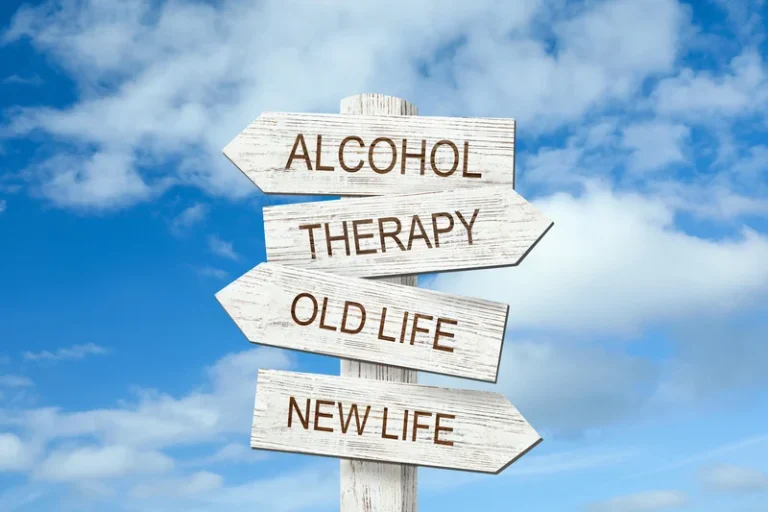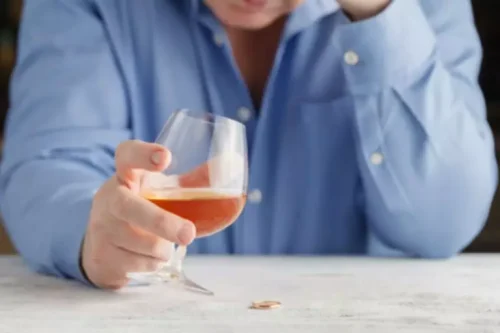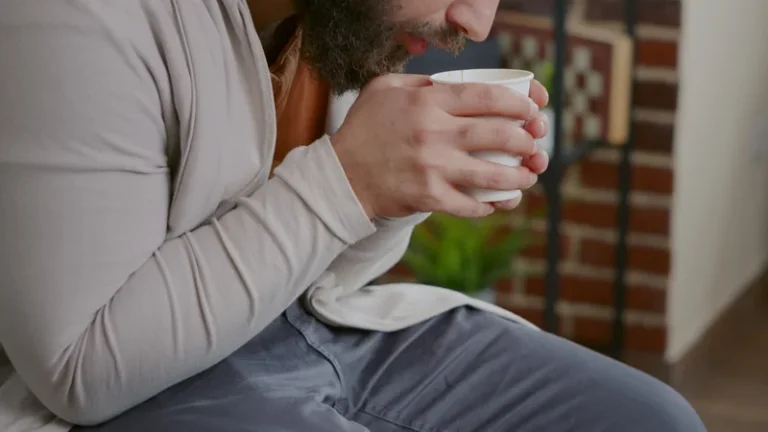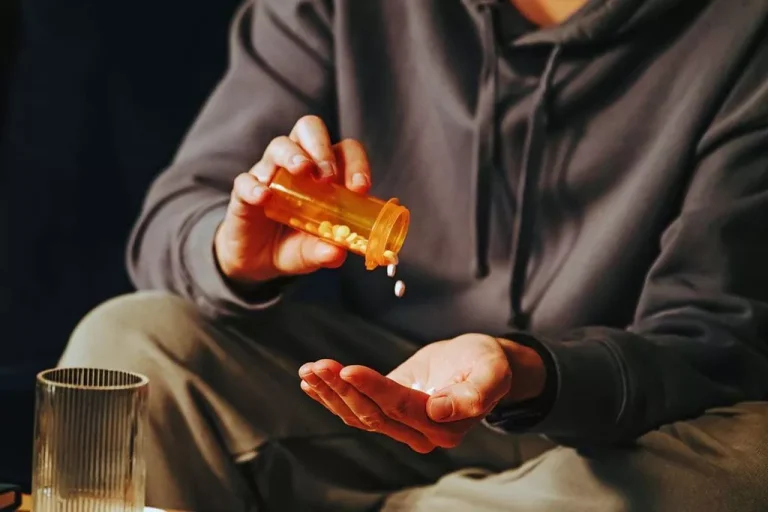Why Do Alcoholics Crave Sugar? The Science Behind the Cravings

Carbohydrates, amino acids, dietary fat, and fatty acids are particularly beneficial in supporting brain health during recovery [1]. During years of alcohol misuse, individuals often neglect their physical health, leading to malnourishment and a lack of proper nutrition during recovery. Alcohol can slow down the appetite, causing individuals to forget to eat and resulting in a deficiency of essential nutrients. In the realm of recovery, some have found that substituting sweets for substances can help improve mood and soothe cravings.
The Importance Of Family Support While Recovering From Addiction
The mindset some have in early recovery is “as long as I’m not drinking…”. In other words, if it takes a pack of cigarettes and a pint of ice cream a day in order to not drink, do whatever it takes. “I’ll deal with the food issue later once I’m more stable in my sobriety.” It’s easy to overlook the dangers of sugar or overeating when you were a blackout drinker. Drinking enough water throughout the day helps maintain body functions, promotes proper digestion, and may substantially lessen your craving for sweets.
Nutritional Deficiencies
Research suggests that alcohol and sugar activate similar reward pathways in the brain, leading to a potential substitution effect. When alcohol consumption is discontinued, https://ecosoberhouse.com/ individuals may turn to sugar as a substitute to fulfill their cravings. Incorporating regular exercise into the recovery journey can also have numerous benefits.
- Over time, many people find their cravings easier to control and reduce in strength.
- The is the biggest reason why sugar cravings appear in early sobriety, especially the first month.
- Interestingly, alcohol also impacts dopamine levels indirectly by inhibiting its reuptake, which is the process of dopamine reabsorption by the brain.
- Poor nutrition in recovery can serve to exacerbate pre-existing health concerns.
- Dr. Weiss encourages people to engage in as many healthy, mood-boosting activities as they can to avoid reaching for candy (or back to alcohol) for a quick dopamine fix.
Plant-Based Diet: What you need to know about protein.
Sugar affects the brain’s neural pathways, and weight gain affects the individual’s self-esteem and poses a risk to an alcohol relapse. As such, individuals in recovery from alcohol should prioritize their nutrition and pay attention to their sugar intake. Addiction specialists and addiction treatment centers are placing more focus on the nutritional component of recovery. Many addiction professionals have developed a holistic treatment approach that focuses on mind-body connection, paying particular attention to food as part of the treatment process. Understanding the impact of alcohol on neurotransmitters and the reward system provides insights into why individuals with alcoholism may experience intense sugar cravings.
Tactics to Overcome Alcoholism

Keeping the benefits in mind might not make the journey any easier, though. Although there are some scientific disagreements about how to define craving, we can still extract the most important elements of alcohol cravings to create a workable do alcoholics crave sugar definition for those in recovery. Everything from exercising, to spending time in nature, hanging out with friends, making art and other activities release hormones in your brain like serotonin, dopamine, endorphins, and oxytocin.

Is there a potential danger in substituting alcohol with sugar addiction?

Drug rehab is highly effective in aiding long-term sobriety through personalized care, strong support systems, and therapeutic interventions. Success rates vary, but understanding the factors influencing treatment can enhance the recovery journey. Furthermore, alcohol can also affect other neurotransmitters such as gamma-aminobutyric acid (GABA) and glutamate. GABA is an inhibitory neurotransmitter that helps to reduce anxiety and promote relaxation, while glutamate is an excitatory neurotransmitter involved in learning and memory. Alcohol’s impact on these neurotransmitters can disrupt the delicate balance in the brain, potentially leading to increased sugar cravings. Eating sweet foods can reduce the intensity of these drug cravings by giving a short dopamine boost, which could be the difference between remaining in recovery or experiencing a relapse.
Can medication help with alcohol cravings?
Nutrient-dense foods, along with potential supplementation under the guidance of healthcare professionals, can help replenish depleted nutrients and support the body’s healing process. Strive to incorporate a variety of nutrient-dense foods into your diet to replenish the essential vitamins and minerals that may have been depleted during alcohol abuse. Opt for complex carbohydrates, such as whole grains and fruits, which provide a slower release of sugar into the bloodstream and help maintain stable energy levels. Additionally, make sure to include sources of protein and healthy fats in your meals to promote satiety and overall well-being. Embarking on the road to sobriety shouldn’t be a lonely endeavor, and managing any emerging sugar cravings isn’t an exception. Professional help goes beyond prescribing a diet plan—it also equips you with coping mechanisms and invaluable support during this transitional stage.
- How long bloating and other symptoms after drinking alcohol will depend on how many drinks one had and what they were.
- The more you do “the work” the less you’ll need sugar or other external things.
- A person can speak with a mental health professional to better understand their alcohol cravings.
- When individuals in recovery consume sugar, it triggers a dopamine release in the brain similar to drugs and alcohol.
- Remember, seeking support is not a sign of weakness but rather a courageous step towards a healthier and happier life.
- These days, we don’t have to hunt and gather for food, its much more accessible.
- It is essential for individuals in recovery to address these nutrient deficiencies through a balanced and nutrient-rich diet to support their physical and mental well-being.
- If bloating after drinking becomes a problem, there may be ways to either get rid of it or avoid it in the first place.
Embarking on the journey toward long-term sobriety can be essential to protecting your mental and emotional health, to say nothing of your long-term physical health. With mindfulness, the finding of healthy alternatives, and effective support, people can reclaim control over their relationship with both sugar and alcohol, fostering holistic well-being. Routine physical activity not only serves as a healthy distraction, it also releases endorphins, which can help stop those nasty sugar cravings and enhance mood. Still, one should keep in mind the classic pitfalls of excessive sugar intake. Weight gain, insulin resistance, and metabolic disturbances all compromise the recovery effort and exacerbate health issues.

Proper nutrition is crucial in the recovery process for individuals with alcohol addiction. Poor nutrition during recovery can lead to weight gain, low mood, and increased vulnerability to alcohol relapse. In early recovery, individuals may turn to high-sugar, low-nutrient foods to satisfy cravings, which can exacerbate physical and mental health issues.

